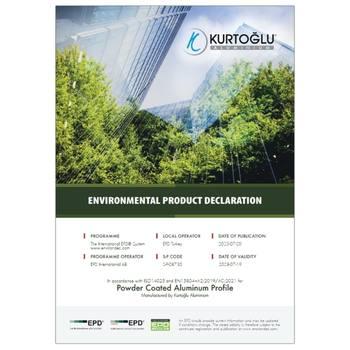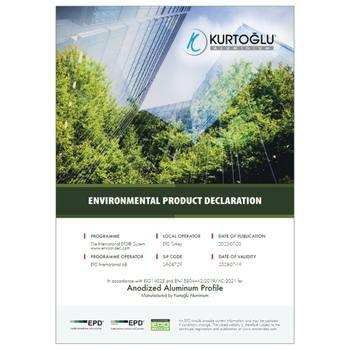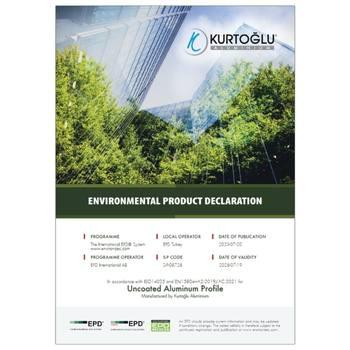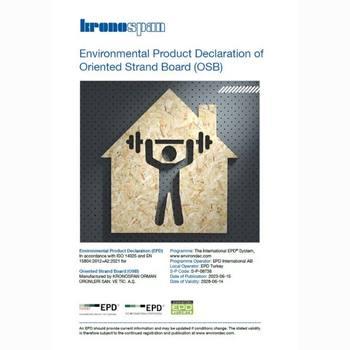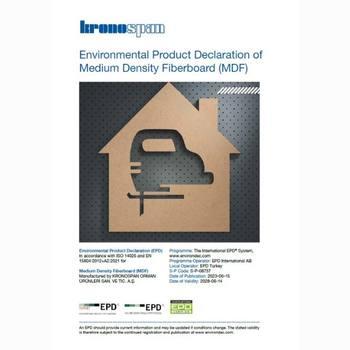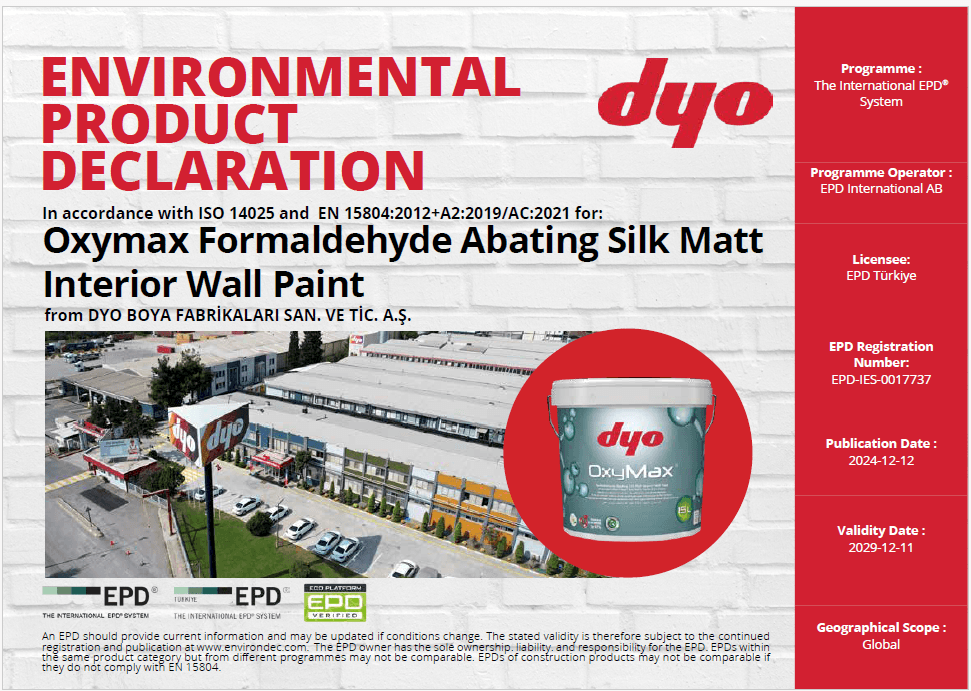
S-P-0017737
DyoOxymax Formaldehyde Abating Silk Matt Interior Wall Paint
It is silk-matt interior paint that reduces the amount of
formaldehyde in the environment by 83%, especially indoors, with special
absorption technology and converts it into harmless water vapor and ensures the
cleaning of indoor air. Thanks to its
special binder with cross-linking technology, it does not create capillary
cracks or cracks against surface mobility. Oxymax provides excellent adhesion
to smooth surfaces and it does not contain ammonia and APEO. It is easy to
apply, easy to wipe, it has high coverage and It has excellent stain resistance
and can be used for ketchup, pencil, watercolor etc. allows easy removal of
stains.
The products comply with the applicable standards and regulations
listed below:
• The product complies with EU safety standards under Regulation No
1272/2008 (CLP) and meets VOC limits specified in Directive 2004/42/EC
(Deco-Paint Directive), ensuring reduced environmental and health impacts.
• EN 1062-1 and EN 1504-2, address the paint's characteristics like
water vapor permeability, adhesion, and weather resistance.
• ISO 21930 to guide sustainability assessments for construction
works.
The product’s UN CPC code is 35110 - Paints and Varnishes.
CPC: 35110
ISO 14025 and EN 15804:2012+A2:2019/AC:2021
Gallery



Registration & Validity
COMPANY INFORMATION
Dyo
Dyo Boya is known as the original paint brand in Turkey and over the years has become one of the leading brand names in the coatings industry. The company has grown from its small-scale origins to a top ranked company with significant market share and high volume of paint production. The paint operation started in 1927 with Durmuş Yaşar’s Bureau and developed over the years into a paint producing workshop in 1941. A further milestone was reached with the establishment of the Dyo Boya Fabrikaları in the Bornova region of Izmir in 1953. Since then, Dyo Boya has been a prominent name in the Turkish coatings industry.
Dyo Boya is the only Turkish company to operate in every area of the coatings sector. It offers innovative product options and aims to exceed the expectations and needs of its customers.

The company focuses on maintaining its leading position and pioneering role in this highly-competitive industry. It sells its products in some 40 countries. Dyo Boya has three manufacturing facilities in Turkey: in Dilovası, Gebze, in Çiğli, Izmir and in Turgutlu,Manisa. The Çiğli plant is the largest in Turkey’s paint and coatings sector. It produces furniture coatings and varnishes, industrial coatings, automotive coatings, marine coatings, polyester and alkyd coatings. Construction and powder coatings are produced at the Gebze and Turgutlu plants respectively.
Dyo Boya is known as the original paint brand in Turkey and over the years has become one of the leading brand names in the coatings industry. The company has grown from its small-scale origins to a top ranked company with significant market share and high volume of paint production. The paint operation started in 1927 with Durmuş Yaşar’s Bureau and developed over the years into a paint producing workshop in 1941. A further milestone was reached with the establishment of the Dyo Boya Fabrikaları in the Bornova region of Izmir in 1953. Since then, Dyo Boya has been a prominent name in the Turkish coatings industry.,2
Dyo Boya is the only Turkish company to operate in every area of the coatings sector. It offers innovative product options and aims to exceed the expectations and needs of its customers.
The company focuses on maintaining its leading position and pioneering role in this highly-competitive industry. It sells its products in some 40 countries. Dyo Boya has three manufacturing facilities in Turkey: in Dilovası, Gebze, in Çiğli, Izmir and in Turgutlu,Manisa. The Çiğli plant is the largest in Turkey’s paint and coatings sector. It produces furniture coatings and varnishes, industrial coatings, automotive coatings, marine coatings, polyester and alkyd coatings. Construction and powder coatings are produced at the Gebze and Turgutlu plants respectively.

